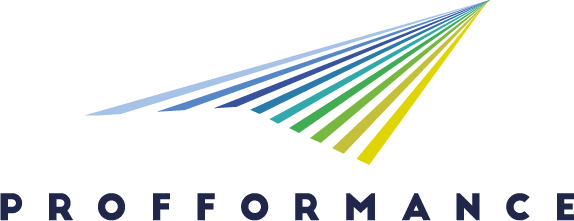AI in Education
AI in Education: Prompt Engineering, Fact Check und AI Cooperation in Vocational Education and Training
- 01 - Education
- 06 – Information and Communication Technologies
2. Innovative teaching and learning
Artificial Intelligence (AI) is increasingly shaping vocational education by impacting job profiles across various fields, emphasizing skills like technical, social, and emotional competencies while decreasing the demand for manual tasks. The rapid development of text-generative AI tools since late 2022 has raised challenges in educational institutions. In response, a team of educators designed three AI-focused teaching concepts for the 2023/24 academic year aimed at preparing vocational education students to become AI-competent teachers. These students are likely to teach pupils affected by AI-induced job shifts in fields like office management, applied computer science, media informatics, and IT business solutions. The three teaching concepts—Prompt Engineering, Fact-Check, and AI Cooperation—are grounded in media and information literacy, enhancing critical skills necessary for assessing, using, and creating content responsibly. This framework is informed by Bloom's taxonomy and Biggs' constructive alignment, aligning learning goals with activities and evaluations 1 Prompt Engineering introduces students to prompt engineering basics, enabling them to create prompts that yield high-quality AI responses. After initial guidance, students engage in hands-on exercises, crafting prompts for specific tasks like sales correspondence. AI-generated results are evaluated based on criteria such as relevance and coherence, with group reflections on optimization strategies. Ultimately, students select the most effective prompt based on collective analysis. 2 The Fact-Check concept, students critically assess AI-generated information against specialized literature, particularly on topics like Direct Instruction methods. They document discrepancies, discussing them in a plenary setting with a focus on AI’s credibility. This process fosters a nuanced understanding of AI’s role in scientific contexts, underscoring its strengths and limitations in knowledge transfer and validation. 3 AI Cooperation emphasizes collaboration with AI tools in group projects, such as analyzing e-commerce trends or creating pedagogical guidelines. While students are encouraged to use AI, its contributions must be clearly marked in the final output. Educators observe group interactions in virtual settings, documenting collaboration phases and identifying patterns in AI usage. During presentations, students critically reflect on the advantages and limitations of AI in collaborative work.
Methodology
Tools, equipment, technology used
Outcomes and outputs, main results
Lessons learnt
Adaptability and sustainability of the best practice (for other institutions)
Promotion of best practice
Scope and impact
- Course/department level
- Faculty level
- Institutional level
- Cross-institutional level
- National level
- EU/EHEA/International level
6.1 Digitalization
- Innovative, novel methodology in using digital tools/devices in teaching
- Digital skills development and assessment both general and profession-related, embedded in course design, in teaching and assessment
- Artificial intelligence and learning analytics in education and training
Reasoning: Our AI-focused teaching concepts emphasize innovative digitalization, fostering AI literacy, digital competencies, and critical thinking. Content Delivery and Accessibility were ensured via an LMS, allowing students to access resources and AI tools remotely, making complex digital skills accessible. Active Engagement was promoted through hands-on AI exercises, such as prompt creation and fact-checking, with peer reviews fostering collaborative learning. Digital Competence Development was prioritized, with students learning ethical AI use by evaluating AI-generated content and discussing issues like bias and data privacy. Assessment and Feedback were facilitated digitally, offering real-time feedback on tasks through the LMS, enabling iterative improvement. Overall, these digital tools and methods created a comprehensive, responsible learning environment that prepares students for AI-driven challenges.
6.2 Internationalization
- NOT RELEVANT
Reasoning:
6.3 Inclusion and diversity, universal design
- NOT RELEVANT
Reasoning:
6.4 Sustainability
- NOT RELEVANT
Reasoning:
3.3 Public contact datas
| Name | Email address | Website |
|---|---|---|
| Patrick Pallhuber | patrick.pallhuber@ph-tirol.ac.at | https://ph-tirol.ac.at/ars-docendi-anerkennungspreis-exzellente-ki-lehre-ph-tirol |

